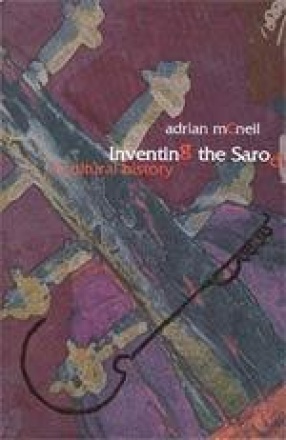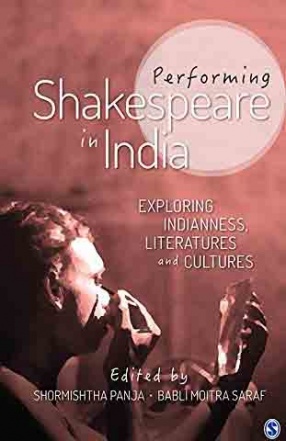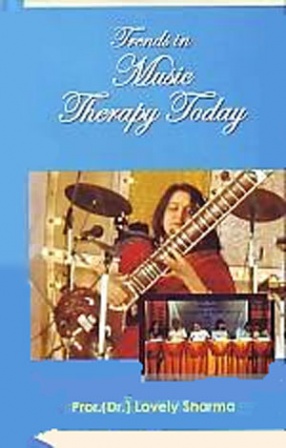This is a major musical and cultural history of the Sarod, a leading stringed instrument in Hindustani classical music, which documents the cultural origins, historical development and music styles of this instrumental tradition over the last three centuries. It does this by documenting the history of its musicians, their social organization, patron groups, modes of patronage, musical and aesthetic developments, instrument design and construction, narratives, musical terminology, and conception of musical sound over this period. In so doing, it provides a detailed account of how this community of musicians devised and implemented strategies to deal with the major challenges generated by a succession of political economies from pre-modern times to the present. It highlights the cultural syncretism and diversity that has underpinned the development of the tradition to date. The book also sets out to construct a methodology that historicizes sound and makes it an object of study. A primary aim of the book is to address the current climate of contestation over the cultural ownership of the tradition and its history, which is argued to be one of the cultural consequences of globalization and part of a wider tendency of remaining the past. Informing this study are the rich oral histories and narratives that pervade the tradition; Sanskrit texts on music; primary materials and studies in vernacular languages; studies in Indian anthropological and sociological studies; colonial records; ethnographies; sound recordings; and the author’s fieldwork and rigorous training in Sarod over the last two decades.
Performing Shakespeare in India: Exploring Indianness, Literatures and Cultures
This compendium of fourteen ...
$42.30
$47.00





There are no reviews yet.